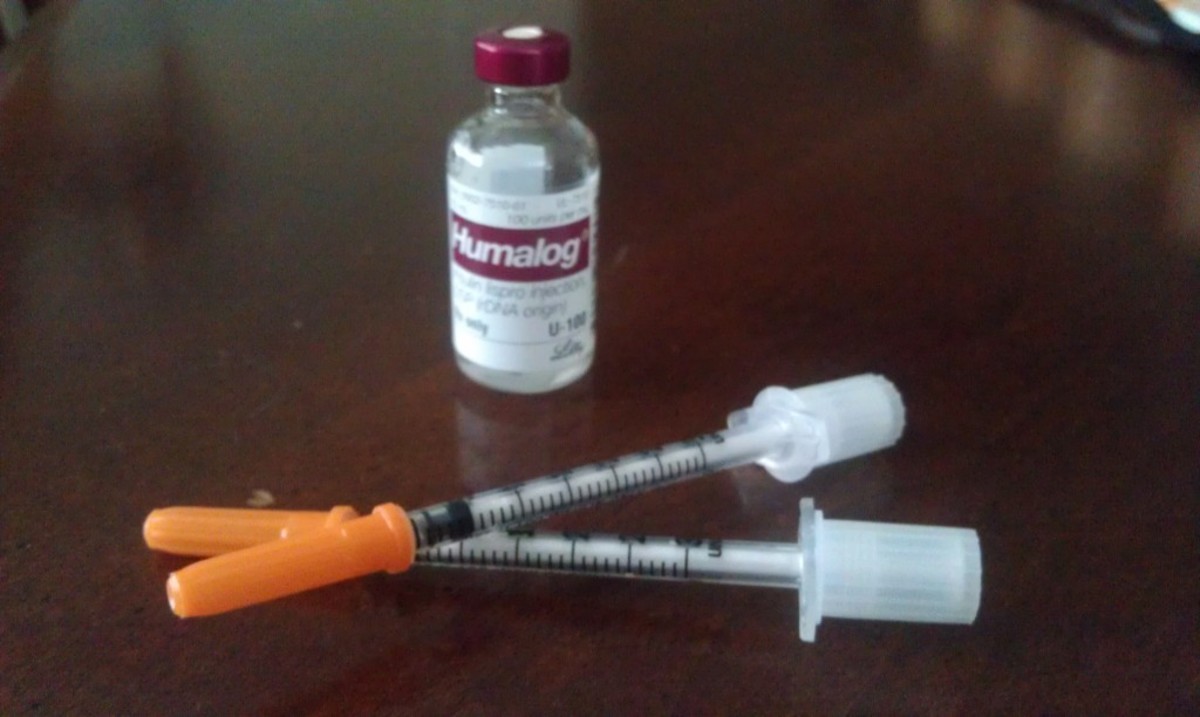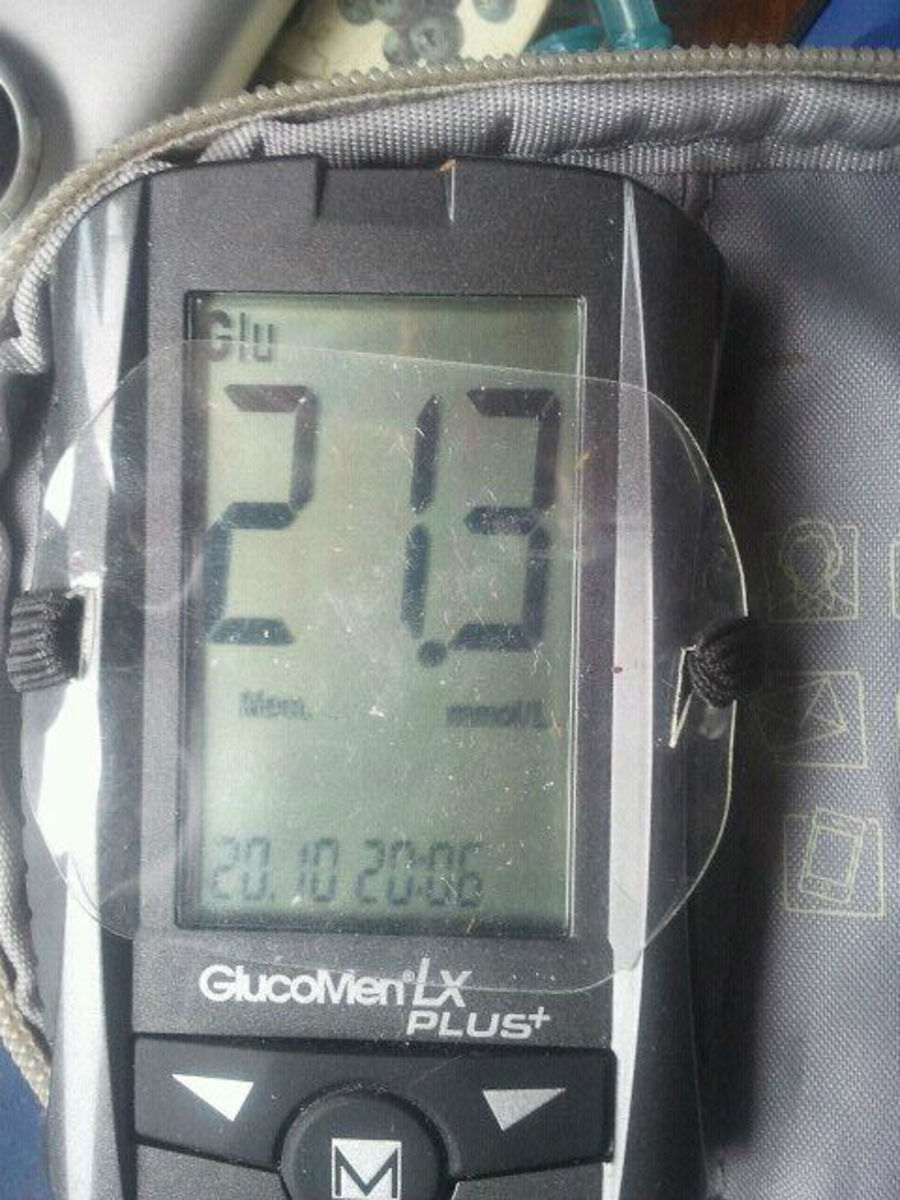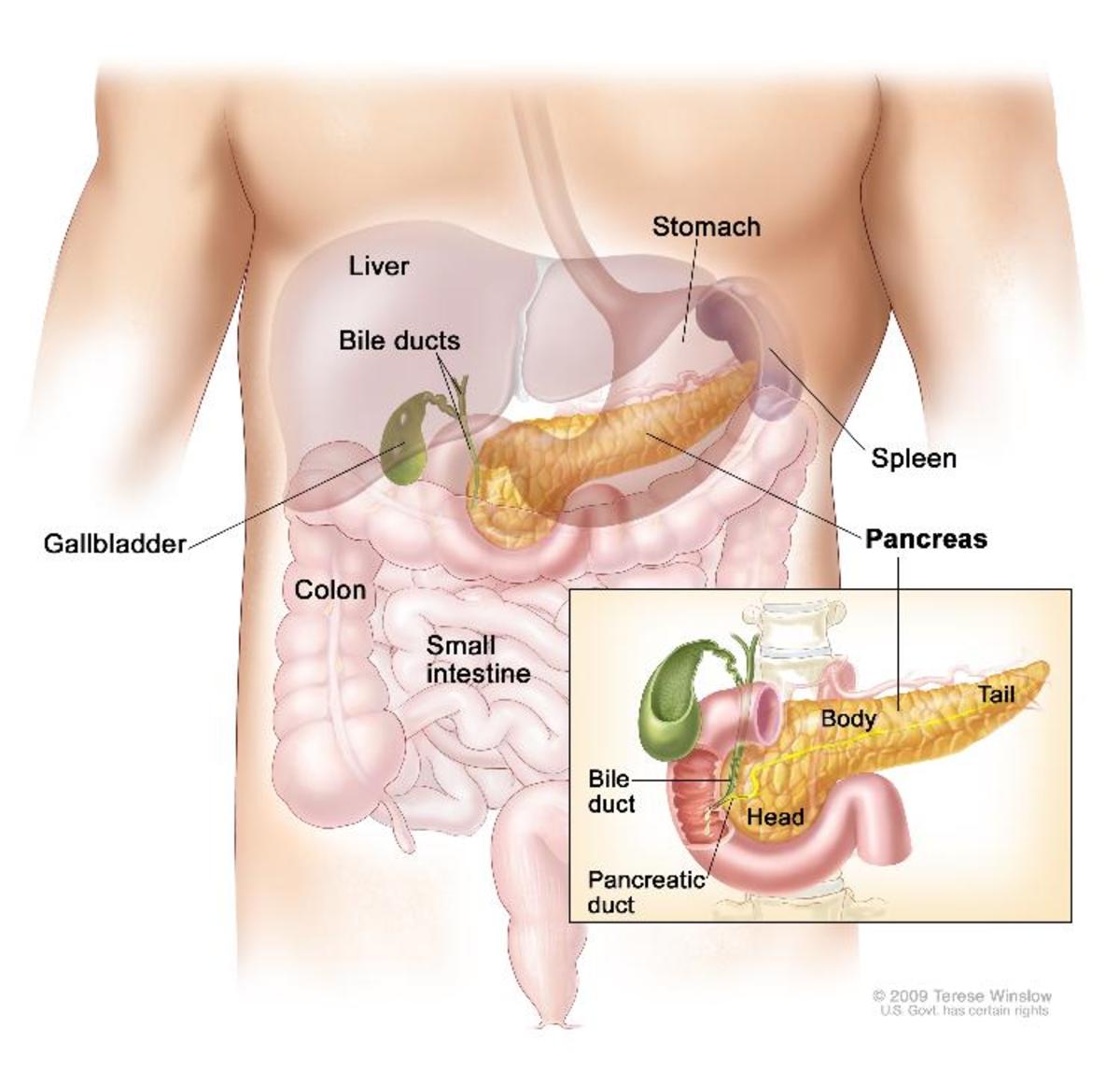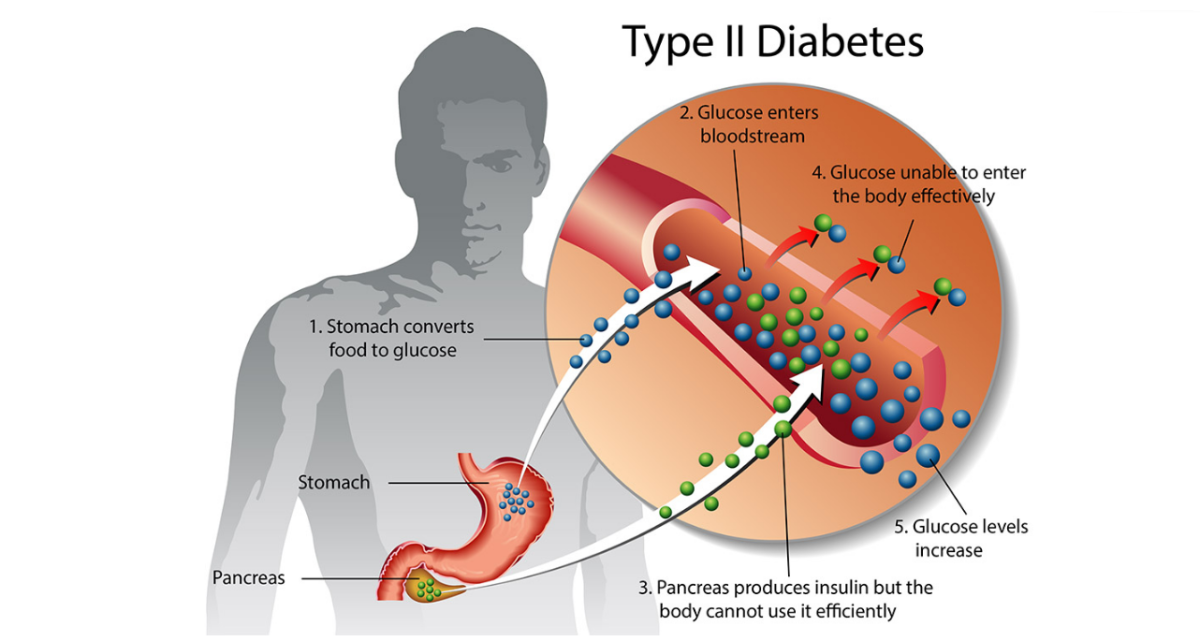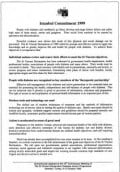Diabetes in the Elderly: Issues Managing Diabetes As You Age
Managing Diabetes in the Elderly
As people age and their bodies slowly lose functionality, the risk of developing Type 2 diabetes goes up. Even those seniors who get some exercise, follow a healthy diet and who are not obese may develop symptoms of diabetes if their pancreas slows in production of insulin, or their body simply becomes less sensitive to insulin. As a result, blood sugar levels may rise to unhealthy levels which can cause serious complications and even death in some cases, if not treated.
Managing diabetes in elderly people is not as straightforward as it can be in the younger population. However, in some cases it is even more important. With unhealthy swings in blood glucose levels, whether too high (hyperglycemia) or too low (hypoglycemia), the patient may experience dizziness, rapid heart rate, nausea, weight loss, incontinence, memory loss, depression, confusion and unsteadiness/shakiness. Many seniors are already susceptible to these conditions; when exacerbated by diabetes, they may be more likely to fall, get lost, and become too weak to fight off other illnesses or infection.
Achieving tight blood sugar control is important, but often difficult due to the dangers of hypoglycemia in the elderly. Another factor that comes into play, sadly, is the lack of coordinated care between medical professionals to ensure that every caregiver involved with the patient is aware of their diabetic condition. Elderly patients must have knowledgeable caregivers that take appropriate steps to ensure proper administration of medications, regular monitoring of blood sugar, coordination with medical staff, and assistance with making diet choices at each meal.
Families need to be proactive in ensuring that elderly patients receive appropriate diagnoses and care to ensure that preventable complications from diabetes do not endanger their loved one's life.
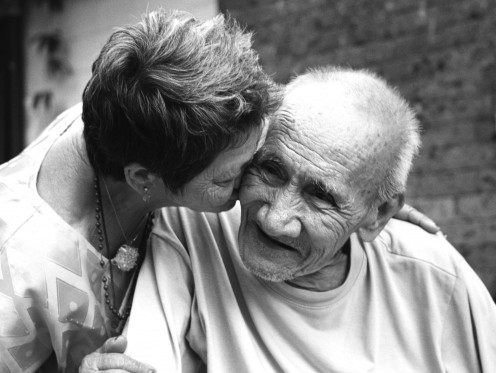
Have You or Your Loved One's Caregivers Been Attentive to Diabetes-Related Issues?
Statistics on Diabetes in Elderly People
The statistics regarding diabetes in elderly people may be surprising. Consider the following:
- More than 20% of people over age 60 in the U.S. have diabetes, whether diagnosed or not (that is 1 in 5 persons!)
- Complications of diabetes are a leading cause of death in the elderly population
- As people age, the risk of diabetes rises because bodies cannot process sugars as efficiently as in younger years
- 40% of new diabetes diagnoses in the U.S. each year are in the over 65 year old population
- Diabetes can be "masked" as signs of just getting older, or as a result of other medical conditions
- After age 65, a person should regularly take a fasting or postprandial (2 hours after eating) blood glucose test, and/or an A1C blood test if they are diagnosed with diabetes or show symptoms of the disease (e.g., weakness, vision changes, weight loss or gain, increased thirst, confusion and more)
- Many people do not know that they have diabetes. Check this list of warning signs of diabetes
Diabetes Information for Older Adults
Learn About Food Choices for Diabetes and Aging
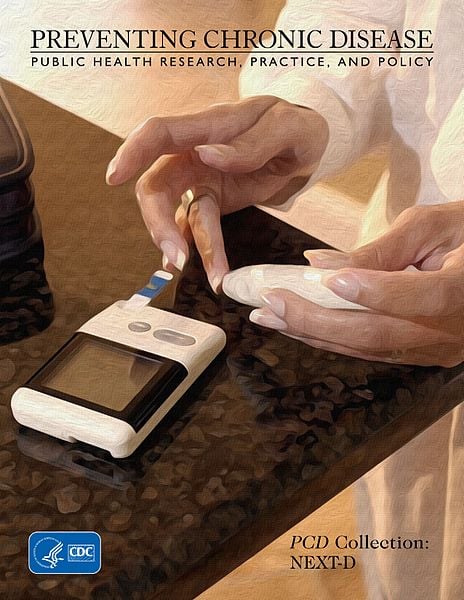
Make Sure Caregivers are Aware of the Patient's Diabetic Condition
My grandfather is 89 years old and was diagnosed with Type 2 diabetes about 8 years ago. He has remained active his entire life and, just two years ago, weighed a healthy 165 pounds at a height of 5 feet 9 inches.
When my grandmother passed away, his self-care started to slip. Although his brain is still sharp and he lives independently, he has fallen several times in the past year.
Last January, Grandpa broke his leg and was in the hospital for several weeks. It was then that the family realized that not all of the caregivers were either aware of his diabetes, or taking the proper steps to manage the disease. What happened next should be a warning to anyone that either has diabetes or a loved one with the condition.
In the hospital, the nurses that were caring for my grandfather seemed to be entirely unaware of his diabetes diagnosis. That may have been because he does not fit the "usual" profile of a diabetic, but nonetheless, we are not sure they checked his chart, although they should have. Not only did they fail to test my grandfather's blood glucose, they allowed him to order anything he wanted off the hospital menu. As a diabetic myself, I was shocked to hear this!
As the days went by, my grandfather continued to lose a significant amount of weight, and his physical therapist wrote in his chart that she believed grandpa was not "trying" at his sessions because he was so weak. Both of these situations show a complete lack of communication between my grandpa's caregivers. This was a classic sign of the "right hand not knowing what the left hand" was doing. As the days went by, my grandfather seemed to be more destined to continue staying in the hospital, rather than improving to the point to be able to go home.
Although I live 300 miles away from most of the rest of my family, I was able to provide some consult regarding the nature of diabetes and treating the disease, since I have had Type 1 diabetes since 2003. My advice may have helped save my grandfather's life.
I should be proud, but instead I am very frustrated that a family member who happened to have diabetes had to step in and make sure that care for my grandfather was adequate.
As you or your loved one age, particularly over 65 years old, make sure that you have a clear understanding regarding your blood sugar levels, whether or not you have diabetes, and keep your medical professional team, as well as your loved ones, informed about your condition.
Controlling Diabetes in Elderly People
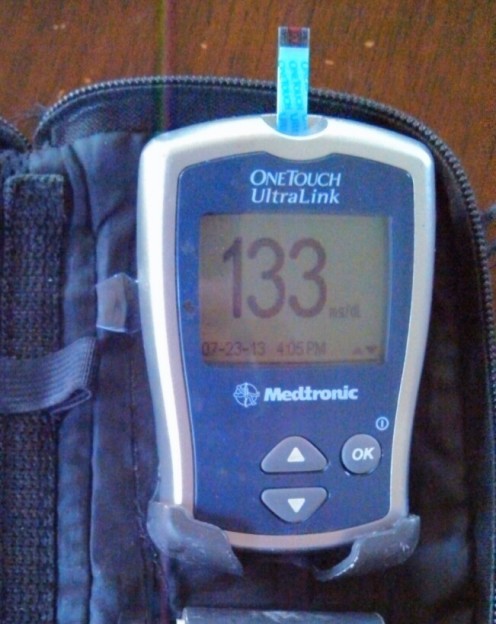
Diabetes in Elderly People: The Bottom Line
As a diabetic myself, I know how dangerous diabetes can be if you either do not know you have the disease, or are not properly monitoring and treating it. The challenges of self-care may increase with age, and family members may not even realize that their loved one is suffering from uncontrolled diabetes.
The origins of Type 2 and Type 1 diabetes are different, but the treatment and management are largely the same: making sure that the body has sufficient insulin and/or medication to ensure that the insulin and blood sugar work together properly. Diabetes can be treated. Managed effectively, the patient can enjoy many additional years of life.
In elderly people, the complications of inadequately treated diabetes can be more serious than in those that are younger than 60 years old. Check with your doctor to be sure that your diet, medication and activity levels are within healthy levels.
If you have any questions or suspicions, you should definitely call your doctor for a consultation as soon as possible.
This content is accurate and true to the best of the author’s knowledge and does not substitute for diagnosis, prognosis, treatment, prescription, and/or dietary advice from a licensed health professional. Drugs, supplements, and natural remedies may have dangerous side effects. If pregnant or nursing, consult with a qualified provider on an individual basis. Seek immediate help if you are experiencing a medical emergency.
© 2013 Stephanie Marshall


